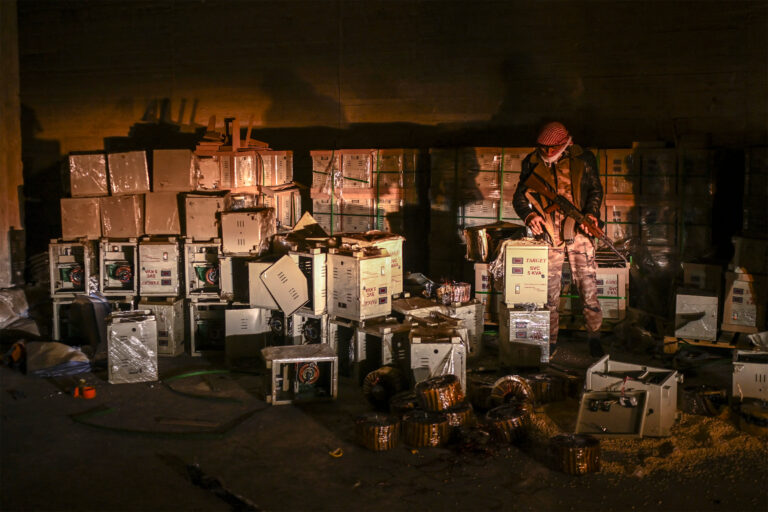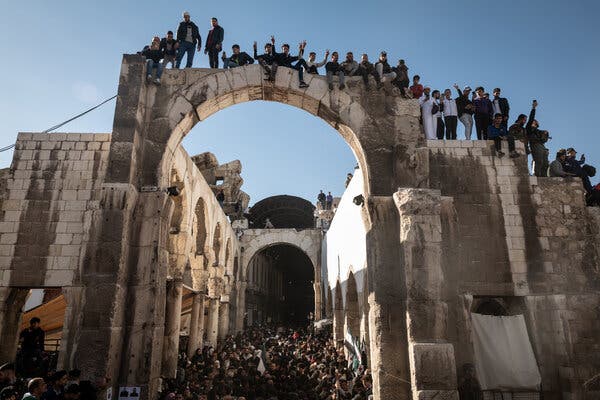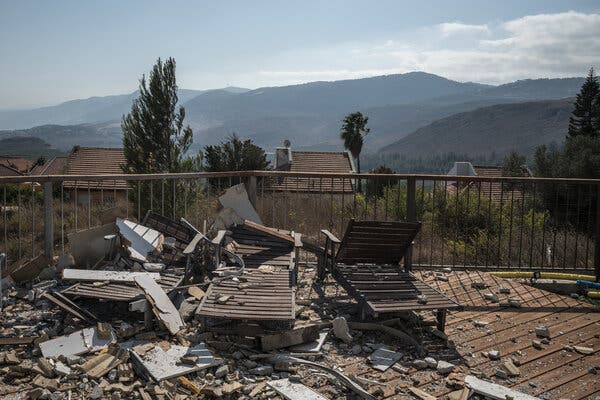After Israel killed the leader of Hezbollah, the powerful Lebanese militia and Iranian proxy, Tehran was faced with deciding how, or whether, to retaliate.

Hezbollah, the Lebanese militia, on Saturday confirmed the death of Hassan Nasrallah, its longtime leader, in a strike marking a major escalation of Israel’s campaign against Iran’s proxies in the Middle East.
The death of Mr. Nasrallah, after Israeli bombs flattened three apartment buildings shielding what it said were Hezbollah’s underground headquarters, pushed Israel’s war against Iran-backed forces into new territory. Iran has long sought to have the proxies — Hamas in Gaza, Hezbollah in Lebanon and the Houthis in Yemen — serve as the front line in its fight with Israel.
But if one of its most important military assets, Hezbollah, has been substantially weakened, it could leave Israel feeling less threatened and put pressure on Iran to decide whether to respond.
While fiercely condemning the attack, Iran’s leaders have not taken any direct steps in retaliation, nor have they punished Israel for the killing last month of the Hamas leader, Ismail Haniyeh, in Tehran. That inaction has led some analysts to conclude that the Iranians do not want to risk a direct confrontation with Israel.
Ayatollah Ali Khamenei, Iran’s supreme leader, released a statement on Saturday saying, “All the resistance forces in the region stand with and support Hezbollah.”



